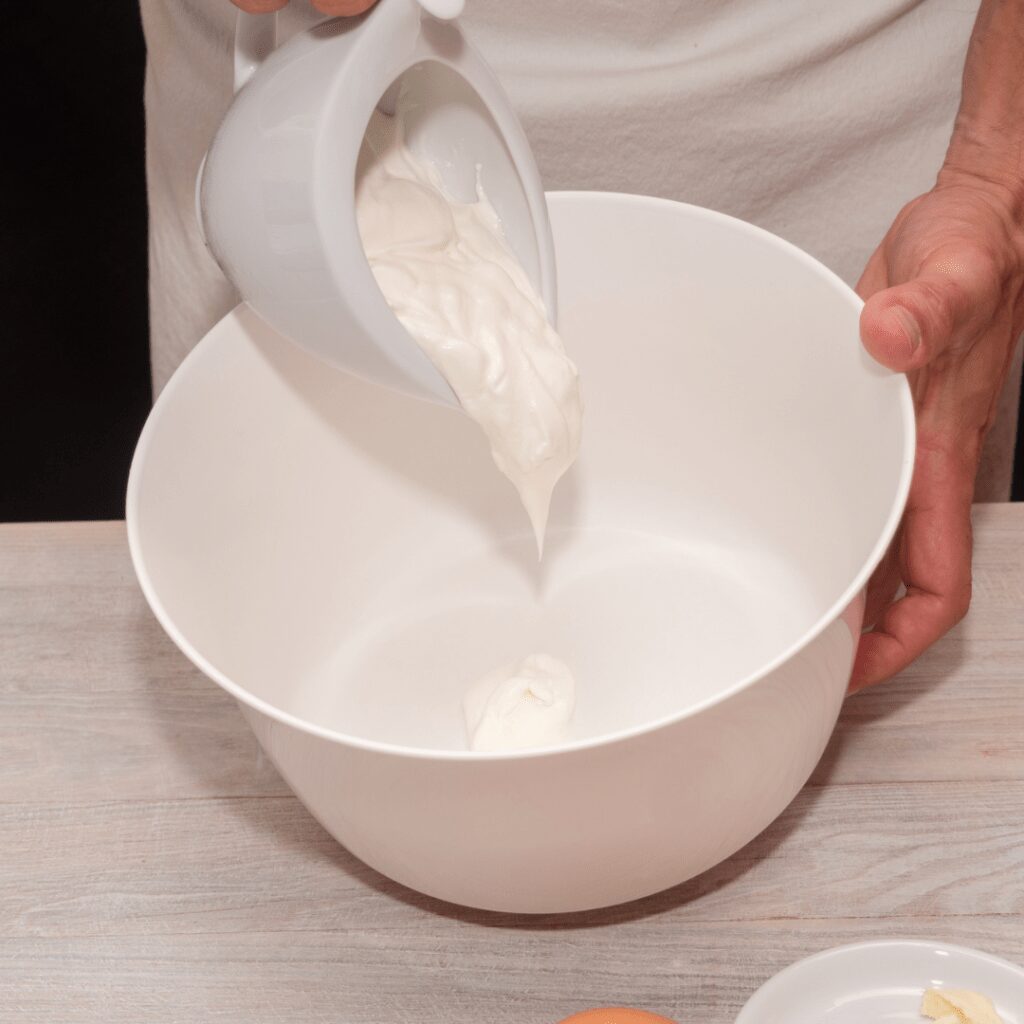How to Make Delicious Homemade Yogurt in Just a Few Hours!

Are you curious to know how much time is needed to prepare delicious homemade yogurt?
Generally, it takes around 6 to 8 hours, depending on the temperature of your kitchen and the type of yogurt being made.
When using a yogurt maker, the process can be sped up to around 4 hours.
Many people like to make their own yogurt because it is far fresher than store-bought varieties, and because they can control the ingredients used to make it.
| Making Homemade Yoghurt Needs |
|---|
| Milk |
| Yogurt starter (plain yogurt with active cultures) |
| An oven thermometer or instant-read thermometer |
| A slow cooker, insulated cooler, or large pot |
| Cheesecloth and/or a kitchen towel |
| Ladle |
| Jar lids or other containers to store the finished yogurt in the refrigerator |
Ah, the joys of homemade yogurt! Crafting your own creamy delight is surprisingly simple and immensely rewarding.
To create this masterpiece, you’ll first need a thermometer to regulate the temperature of the milk, which should remain between 110°F and 115°F in order for the starter culture to activate effectively.
An oven thermometer or an instant-read thermometer will do the trick.
Next, you’ll need a slow cooker, insulated cooler or large pot to heat and hold your yogurt – make sure it’s big enough for the amount of milk you’re using as well as a few inches of clearance above the liquid line.
Once that’s in place, add your starter culture – plain yogurt with active cultures as designated on the label.
Once the milk is between 110°F and 115°F, slowly whisk in the starter culture until it’s fully dissolved.
To keep out any debris, be sure to cover your slow cooker or pot with a kitchen towel or cheesecloth. Now comes the fun part – let the mixture sit for 4-7 hours until it thickens and becomes yogurt.
When your yogurt is finished, gently ladle it into jar lids or other containers, cover them with a lid or plastic wrap and store in the refrigerator. Enjoy your homemade yogurt cold or warm – you have created a delectable masterpiece!
Does homemade yogurt taste better than store bought yogurt?
Yes, it has a richer and creamier flavor.
Homemade yogurt is one of nature’s most delicious and nutritious treats, offering a rich and creamy flavor that simply cannot be found in store bought varieties.
Many people who have experienced the difference between homemade and store bought yogurt can attest to its superior taste.
How can I thicken my homemade yogurt if it’s too runny?
Strain the yoghurt overnight in cheesecloth or use a thickening agent such as powdered milk.
Sometimes homemade yogurt can come out too thin, requiring a bit of extra work to thicken it up. One easy way to do this is to strain it overnight in cheesecloth.
This method slowly draws out much of the liquid and creates a thicker yogurt that is more like the store-bought variety. If you don’t have cheesecloth on hand, adding a thickening agent such as powdered milk will also help to give your yogurt a thicker consistency.
Whichever method you choose, with just a bit of extra effort, your homemade yogurt can be transformed into the perfect thickness for any recipe or snack.
Are there any health benefits to eating homemade yogurt?
Yes, home-made yoghurt is full of probiotics which helps boost immunity and aid digestion. It is also rich in calcium and protein and low in fat.
Eating homemade yogurt is replete with health benefits, making it an ideal snack for those seeking to improve their overall wellbeing. It is a fermented dairy product, packed full of probiotics that help to bolster the body’s immunity and digestive system.
Furthermore, since the fermentation process kills off any harmful bacteria, it provides a safe and healthy source of vitamins and minerals.
It is especially high in calcium for strong bones, as well as protein to help build and maintain muscle mass, but relatively low in fat. In short, eating homemade yogurt is an easy way to incorporate a nutritious food into one’s diet.
What type of milk should I use for making homemade yogurt?
Whole milk is widely regarded as being the best choice due to its creamy texture and rich flavor. But, lower fat varieties such as skimmed or semi-skimmed work well too – just add a teaspoon of powder or full-fat natural yoghurt per liter before fermenting.
